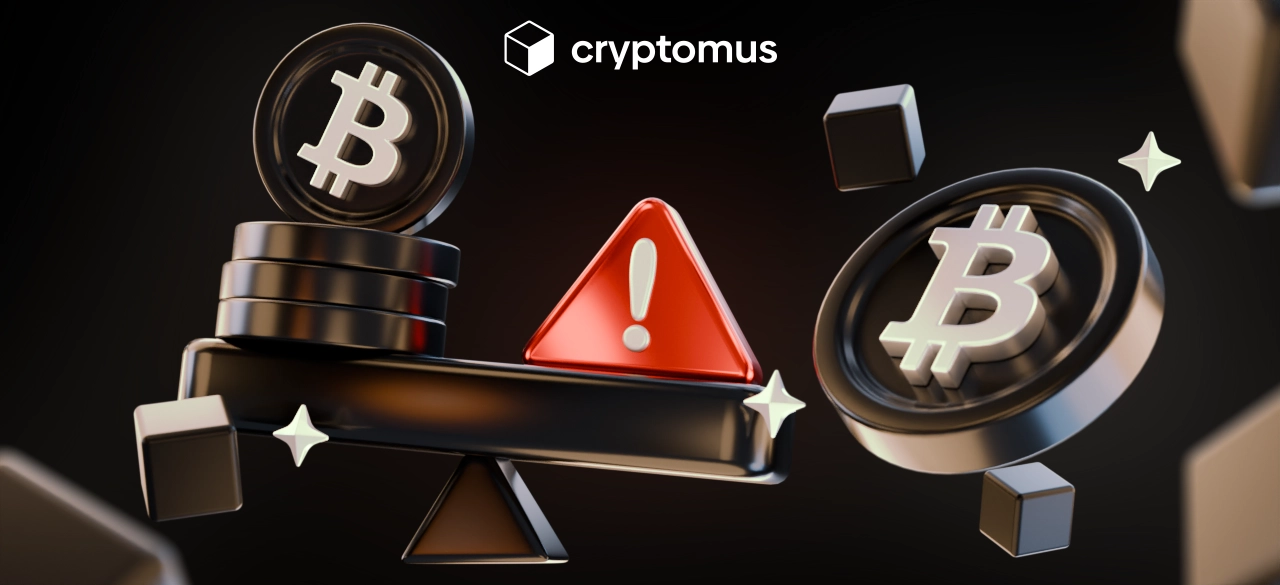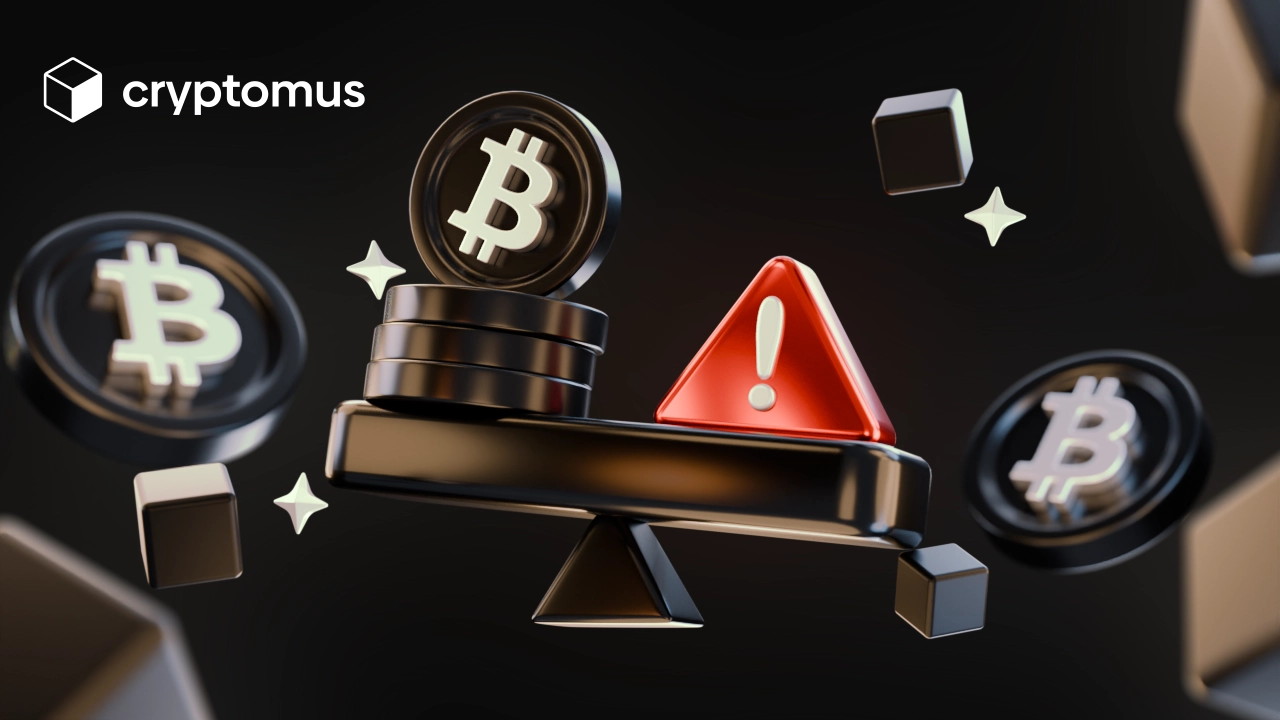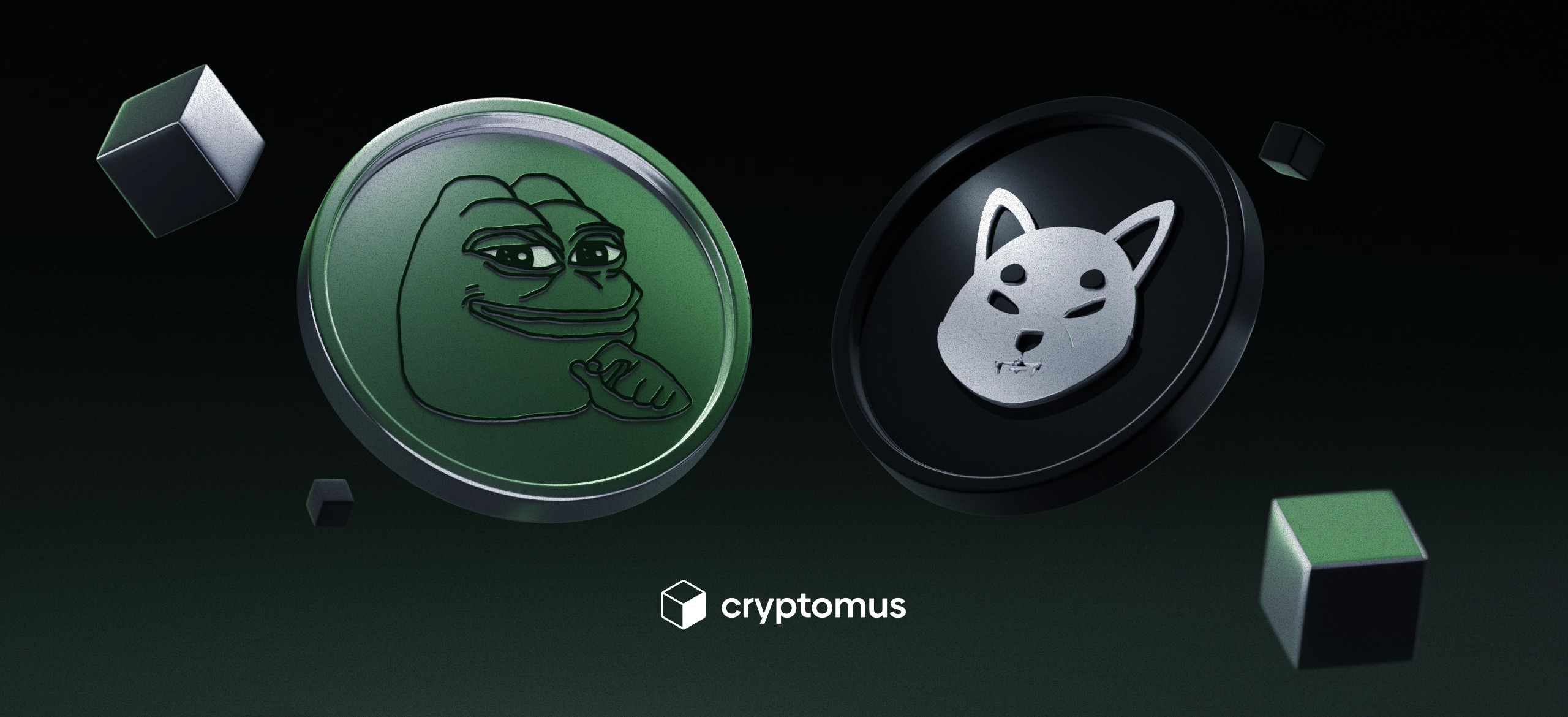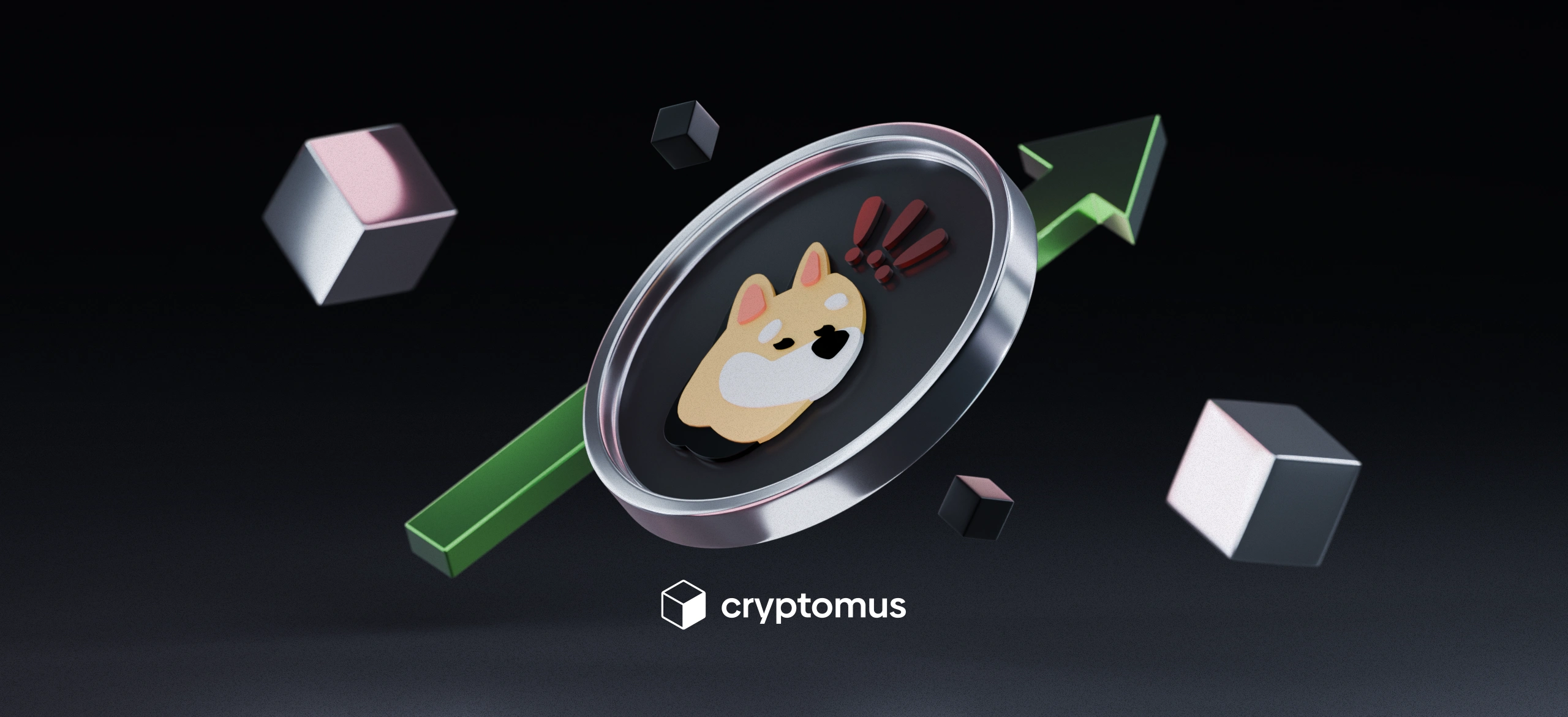
What Are The Risks of Staking Crypto
Table of Contents
Crypto staking has become a popular way to generate passive earnings from digital assets. But understanding the risks that accompany the possible benefits is still an essential thing.
In this article, we will discuss the primary issues regarding the security of cryptocurrency staking and explore the specific risks you need to consider.
Is Staking Crypto Safe?
Crypto staking involves locking your tokens to receive rewards and support the network. Staking itself isn't inherently unsafe, but it comes with certain risks. The chosen platform, used coins, and market conditions all impact the security of cryptocurrency staking.
You can potentially lose crypto while staking because of unstable market conditions, slashing penalties, and counterparty risk. We will examine those risks further in this article.
The Risks Of Staking Crypto
So, what are the potential dangers of investing in crypto through staking? The risks of staking crypto include:
- Market Risk
- Impermanent Loss
- Lockup Periods
- Slashing
- Smart Contract Risk
- Counterparty Risk
- Regulatory Risk
Let's look at each of those issues in detail!
Market Risk
The primary danger in staking is the volatility of the market. The worth of your staked tokens can shift throughout the staking duration, sometimes surpassing the staking rewards you receive.
Imagine yourself staking a coin that offers a 10% APY, only to see the price decrease by 20% while staking. Though you will gain additional coins, the total worth of your investment will go down.
Impermanent Loss
This risk is specific to staking platforms that utilize liquidity pools. Users can provide liquidity for trading pairs in these pools and receive fees in exchange. Yet, impermanent loss arises when the value of your staked assets notably fluctuates.
If you deposit two tokens of the same value and one token's price increases more than another, you might experience a loss when you unstake, even if you earned fees.
Lockup Periods
Most staking platforms implement lockup periods, restricting access to your staked assets for a set period. It decreases the availability of funds, preventing you from quickly selling them to adapt to market changes.
Herewith, some platforms have options for flexible staking with shorter lockup periods or the option to unstake early, but it typically comes with a fee.
Attempting liquid staking can help you keep your tokens, but there are also associated risks to consider.
Slashing
In PoS blockchains, validators are in charge of maintaining network security. They can receive penalties for bad behavior, such as extended offline periods or attempting to verify fraudulent transactions. Such actions are known as slashing, which could lead to your funds being lost. You should look for validators with a proven track record or utilize several validators to spread out the risk.

Smart Contract Risk
Many staking platforms rely on smart contracts, which are automated codes that execute the staking process and distribute rewards. However, bugs and vulnerabilities can still impact smart contracts. If there are any weaknesses, hackers may exploit them, causing your staked assets to be stolen.
That’s why you should select reliable staking platforms and smart contracts verified by trustworthy security firms.
Counterparty Risk
Staking frequently requires reliance on a third party to manage your staked assets. This exposes you to counterparty risk. Staked crypto can be stolen if your wallet or staking pool gets hacked. So before trusting staking providers with your tokens, it's crucial to thoroughly research their reputation and security measures.
Regulatory Risk
The regulations of cryptocurrencies are always changing. Governments globally are still trying to determine how to categorize and control staking activities.
Possible changes to rules may affect the legality and tax consequences of staking rewards. So, you need to make sure to understand the taxation of staking rewards.
FAQ
Is Solana Staking Safe?
Staking Solana is generally considered safe, but there are still potential risks like market fluctuation and penalties for slashing. Before staking your SOL tokens, it is important to thoroughly research specific validators and platforms.
Is Ethereum Staking Safe?
Staking ETH is seen as low-risk due to Ethereum being a firmly established blockchain with a large developer community. Nevertheless, the risks of Ethereum staking include bugs or vulnerabilities in staking contracts, slashing, and lockup periods that can take up to several weeks.
However, the platform and staking strategy you pick can greatly impact the received returns. Make sure to select trustworthy validators and stay informed about the latest ETH updates.
Is Staking via Lido Safe?
Lido is a well-known provider of staking services. Lido itself has a positive reputation, but it still carries the risk of slashing, smart contract vulnerabilities, and bugs. It's essential to explore Lido's security measures before utilizing this platform.
Is Staking on Ledger Safe?
Ledger is a hardware wallet with high-grade security protocols, so it’s safe for staking. By using it, you maintain control over your private keys, minimizing the counterparty risk. However, the individual risks related to staking each coin still remain.
Is Staking on Kraken Safe?
Kraken is a trustworthy crypto exchange that can be deemed secure for staking, but there's always a possibility of counterparty risk involved.
As we have discussed, certain risks are associated with crypto staking, including assets being locked up and potential penalties for slashing. Prior to getting started, evaluate your risk tolerance and estimate whether staking aligns with your financial goals.
Please share your thoughts and experiences in the comments!
Simplify Your Crypto Journey
Want to store, send, accept, stake, or trade cryptocurrencies? With Cryptomus it's all possible — sign up and manage your cryptocurrency funds with our handy tools.
Get Started









